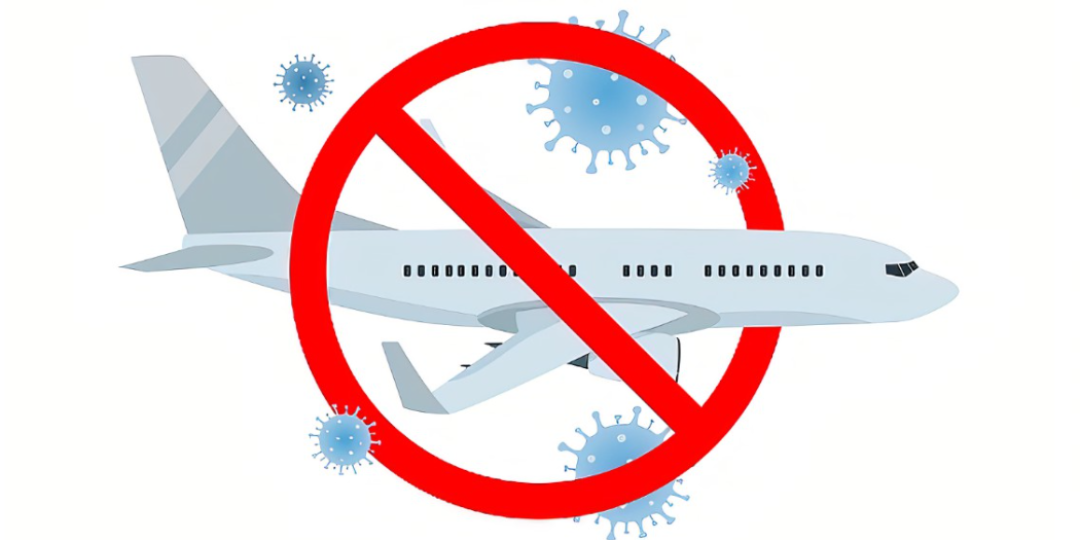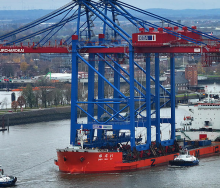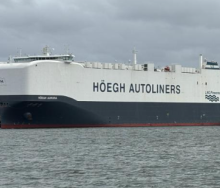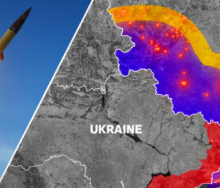The World Health Organization (WHO) and the International Labour Organisation have joined forces to form an action group “as a matter of urgency” with major transport bodies to ensure freedom of movement for international transport workers.
This comes in the wake of the Omicron variant which has seen governments imposing new travel restrictions on transport workers, a move which is likely to threaten an already fragile global supply chain.
WHO Director-General Dr Tedros Ghebreyesus and ILO Director-General Guy Ryder will gold regular meetings with the International Air Transport Association (Iata), the International Chamber of Shipping (ICS), the International Road Transport Union (IRU), and the International Transport Workers’ Federation (ITF), to urge governments’ health departments to coordinate measures and avoid restricting the movement of transport workers.
Dr Ghebreyesus said amending the Yellow Card, a medical passport issued by WHO to be used by transport workers as proof of vaccination, would also be an area of focus.
The transport bodies, which represent more than $20 trillion of world trade annually and 65 million global transport workers across the supply chain, had previously shared fears that ‘knee-jerk’ decisions made by governments to reimpose travel restrictions for transport workers in response to the emergence of the Omicron variant could shatter supply chains and delay global economic recovery.
Since Omicron was noted as a ‘variant of concern’ by WHO, some 56 nations have tightened travel restrictions in response. The transport bodies expressed frustration that governments were reneging on clear steps issued to world leaders in September to guarantee the free and safe movement of transport workers.
“We need governments to urgently protect the health and safety of cross-border workers if they want a holiday season that is anywhere near normal. It’s really worrying to see last year’s draconian travel restrictions starting to reappear in many countries, especially as millions of transport workers have been making enormous sacrifices for scant recognition for nearly two years. It is very promising to see the WHO and ILO take leadership in protecting international transport workers’ rights and we look forward to working closely with them in the weeks and months ahead,” Guy Platten, secretary general of ICS, commented.













